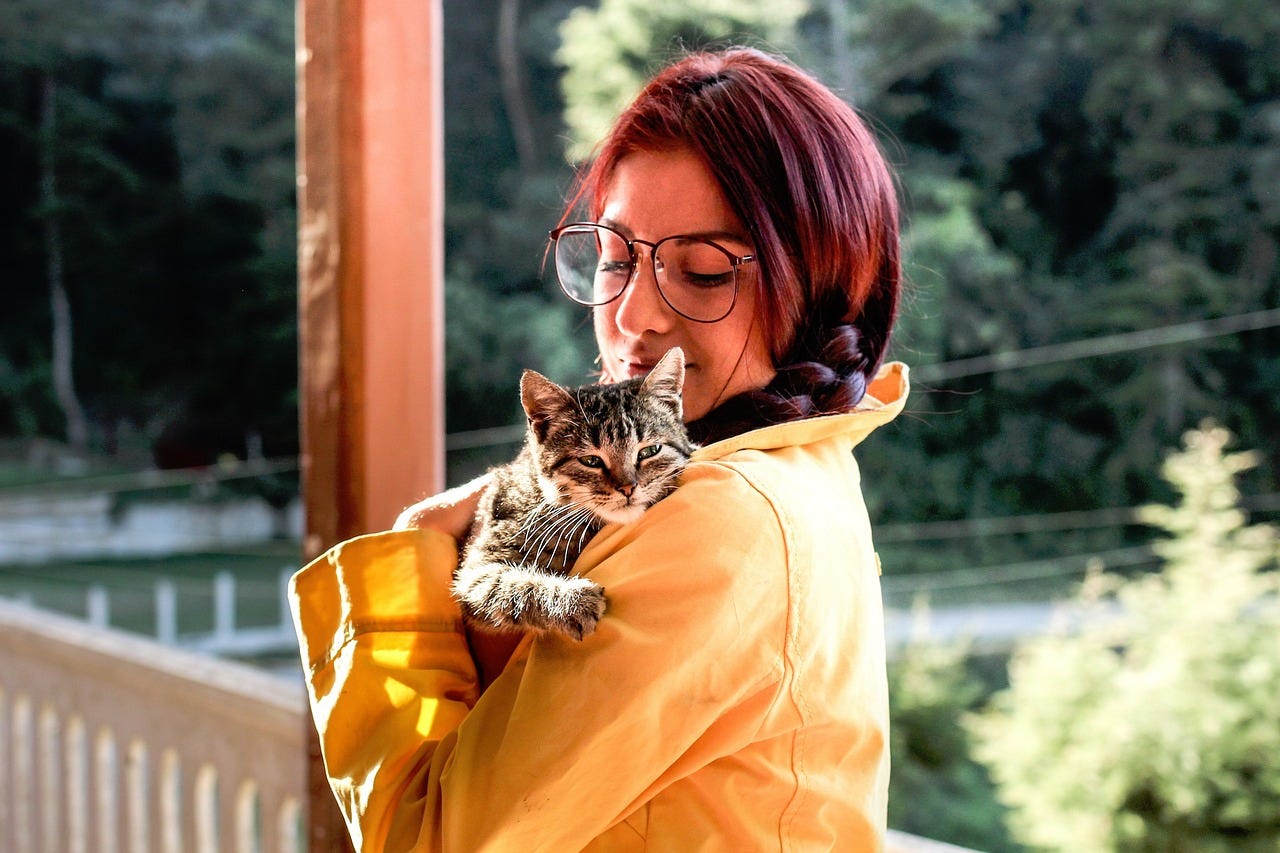Cats, Misogyny, and Cultural Perceptions: The Feminine Symbolism Behind Feline Disdain.
Exploring How Attitudes Toward Cats Reflect Societal Biases Against Female Independence
The common dislike of cats, especially when examined through a cultural and historical lens, can intersect with misogyny in many, significant ways. Throughout history, cats, particularly domestic cats, have been strongly associated with women. This association goes beyond mere pet ownership and delves into symbolic and metaphorical realms that reflect broader attitudes towards femininity.
The association of cats with women is not new. In ancient civilizations, cats were linked to goddesses and female deities. For example, in ancient Egypt, the goddess Bastet was depicted as a lioness or domestic cat and was revered as a symbol of home, fertility, and women's strength. However, during the Middle Ages in Europe, the perception of cats shifted. Cats, especially black ones, became associated with witchcraft and were thought to be the companions of witches. Women who did not conform to societal norms or who were seen as too independent or knowledgeable were often labeled as witches, and their feline companions were seen as symbols of their supposed malevolent powers.

The association between cats and women has persisted into modern times, with cats embodying traits often stereotypically linked to femininity: aloofness, mystery, and independence. Unlike dogs, which are typically viewed as loyal and subservient, cats possess a notable autonomy that challenges conventional expectations of obedience. This independence can be perceived as a threat in patriarchal societies that prioritize control and subjugation.
This perspective extends to men’s attitudes toward cats. Dogs are commonly regarded as man’s best friend, representing loyalty, protectiveness, and steadfast affection—traits that align with traditional masculine ideals. In contrast, cats are seen as embodying feminine characteristics: unpredictable, self-sufficient, and indifferent. For some, these traits are considered undesirable or even weak. This distinction reinforces gender stereotypes, prompting men to distance themselves from cats to avoid associations with qualities deemed feminine by society.

In popular culture, the stereotype of the "crazy cat lady" embodies the intersection of misogyny and the animosity towards our feline friends. This trope often portrays a woman who is single, undesirable, and overly attached to her cats as a substitute for human relationships. This stereotype is used to ridicule women who do not conform to traditional expectations of partnering and domestic roles. The derision faced by these women reflects a broader cultural tendency to view unmarried or independent women as failures, a notion rooted in misogynistic values.
The intersection of misogyny and the “hatred of cats” reflects a larger discomfort with traits associated with feminine independence. The autonomous, self-sufficient nature of cats parallels how society views independent women—as uncontainable and defying conventional control. The disdain for cats can thus serve as a proxy for discomfort with women's liberation and rejection of subservient roles.
Moreover, the way women who enjoy cats are portrayed reflects an ingrained cultural pushback against female independence. By mocking or devaluing women who choose companionship outside traditional human relationships, society reinforces the idea that a woman's worth is tied to her relationship status and compliance with expected social norms.
Understanding how the dislike of cats intersects with misogyny offers a lens through which we can examine broader gender dynamics. The independent and mysterious nature of cats has led to their symbolic representation of traits deemed feminine, attracting both admiration and scorn. The ridicule and suspicion directed at cats—and by extension, their female owners—reveal an underlying discomfort with autonomy, independence, and deviation from patriarchal norms. Addressing these ingrained biases requires a critical examination of how seemingly benign attitudes towards animals are influenced by deeply rooted gender stereotypes
.



